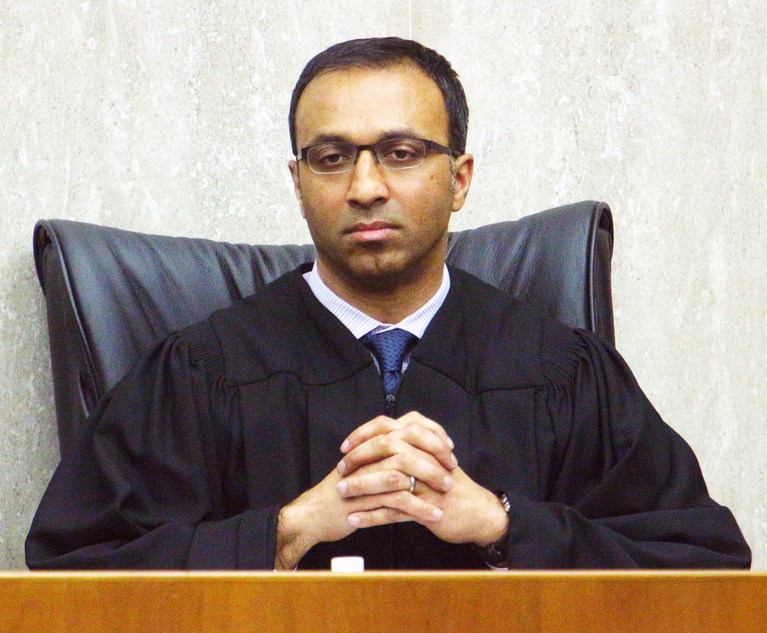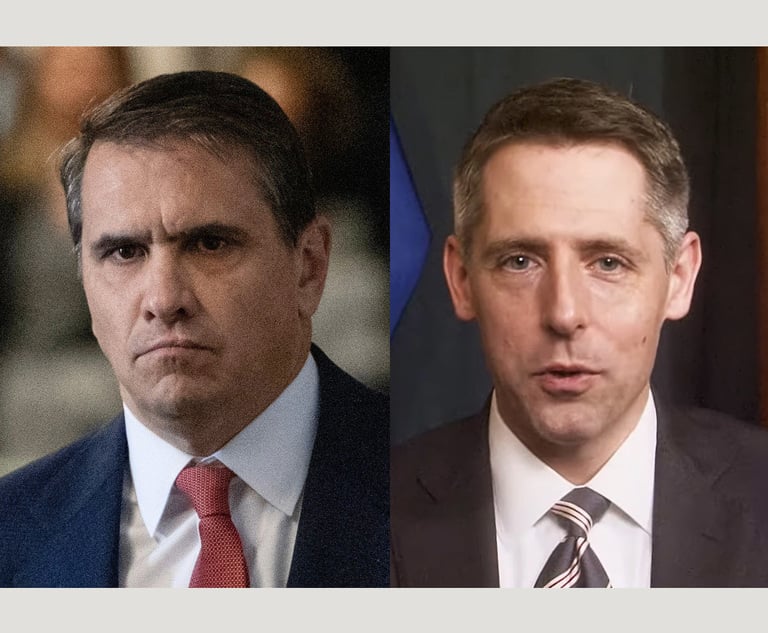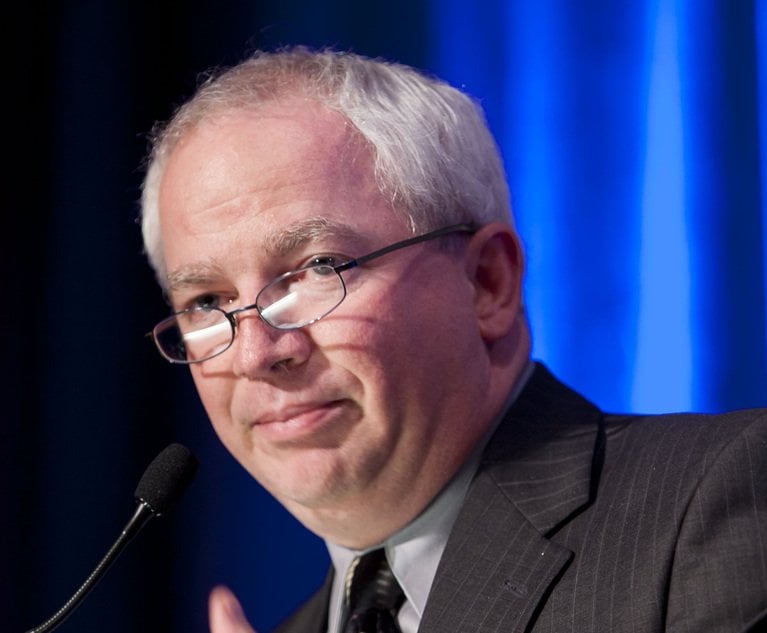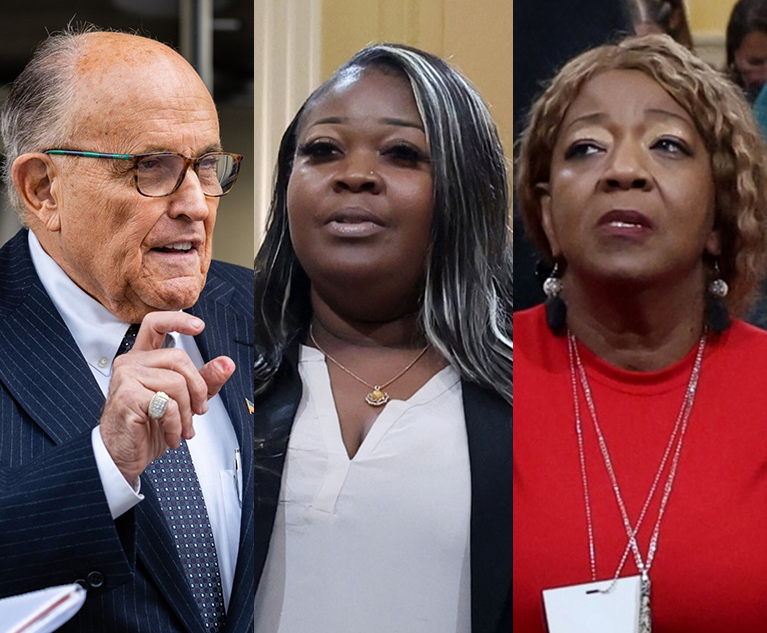Tension on the defense team for Oath Keepers leader Stewart Rhodes burst into public view at a court hearing Tuesday as a judge denied Rhodes’ attempt to replace his lawyers three weeks before he’s due to stand trial on charges related to the Jan. 6 attack on the U.S. Capitol.
U.S. District Judge Amit Mehta, expressing frustration with Rhodes’ motion, said Rhodes had not raised issues with his defense counsel at previous pretrial conferences. Mehta said Rhodes’ two Texas-based criminal defense attorneys, Phillip Lindor and James Bright, had assisted attorneys for other Oath Keeper defendants in preparing for jury selection and finalizing the courtroom layout for the upcoming trial.
“The idea that either of these two gentlemen are not providing Mr. Rhodes with effective assistance of counsel … strikes me as complete and utter nonsense,” Mehta said during Tuesday’s hearing.
Rhodes’ new attorney, Ed Tarpley, moved on Monday to remove Lindor and Bright from the case and delay Rhodes’ trial to give Tarpley more time to prepare. Rhodes and four of his co-defendants are due to face a jury on seditious conspiracy and other charges beginning Sept. 27.
The motion claimed there’s been a “complete, or near-complete breakdown of communication” between Rhodes with Lindor and Bright. The filing alleged that Rhodes’ attorneys hadn’t been responding to his phone calls, had taken extended vacations, and missed deadlines for promised appeals of pretrial rulings.
Lindor and Bright acknowledged difficulties in communicating with Rhodes given that he is incarcerated in Virginia and they are based in Texas. But both denied they had not provided an adequate defense.
“I’m real strained right now to not tell the court that this isn’t a broken relationship based on some of the allegations,” Bright said.
Mehta appeared frustrated throughout the hearing with Rhodes’ attempt to delay the trial, saying the motion made “a number of incorrect and bewildering statements” about the case. He said Tarpley, a criminal defense lawyer from Louisiana, who acknowledged that he had only met with Rhodes for the first time in recent days, wasn’t in a position to make arguments about the case.
“The idea that you having had all but 48-72 hours with Mr. Rhodes to characterize these proceedings, dare I say, is a little problematic,” Mehta said, adding that “humility might not be a bad thing.”
Mehta said he did not believe the relationship with Lindor and Bright was irreparably damaged, and that moving Rhodes’ trial would create “havoc” not only with prosecutors’ presentation of evidence, but also with Mehta’s docket. Rhodes would not likely face trial until next summer if the proceedings were delayed, the judge said.
Mehta has pushed to bring the Oath Keepers case to a jury in recent months, expressing exasperation with defense lawyers’ persistent arguments about a lack of discovery.
The judge allowed Tarpley to join Rhodes’ defense team, but said Lindor and Bright would lead his defense at trial later this month.
But tensions remained even after Mehta handed down his ruling.
Bright interjected to say that he did not want Tarpley “sitting at the table with me” after the allegations he lodged. Rhodes later responded that he didn’t want Bright to remain on the defense team, which prompted Bright to apologize to Rhodes for his earlier statement at the hearing.
NOT FOR REPRINT
© 2024 ALM Global, LLC, All Rights Reserved. Request academic re-use from www.copyright.com. All other uses, submit a request to [email protected]. For more information visit Asset & Logo Licensing.


 Judge Amit Mehta of the U.S. District Court for the District of Columbia. Photo: Diego M. Radzinschi/ALM
Judge Amit Mehta of the U.S. District Court for the District of Columbia. Photo: Diego M. Radzinschi/ALM







